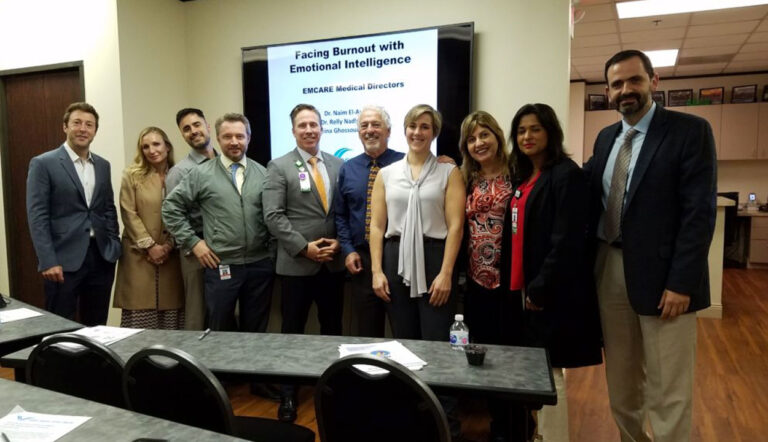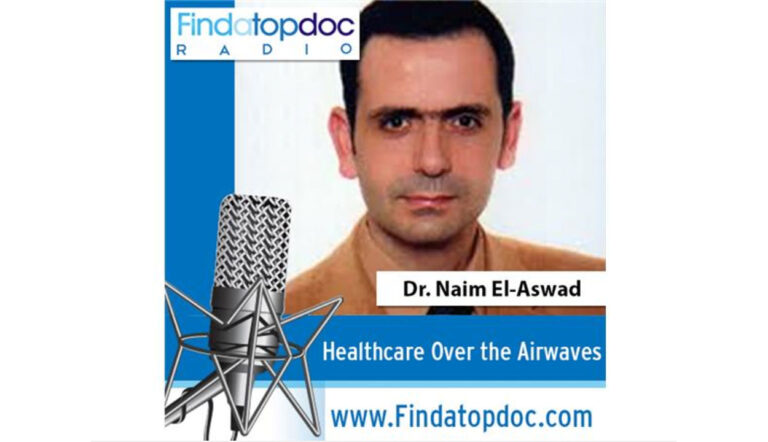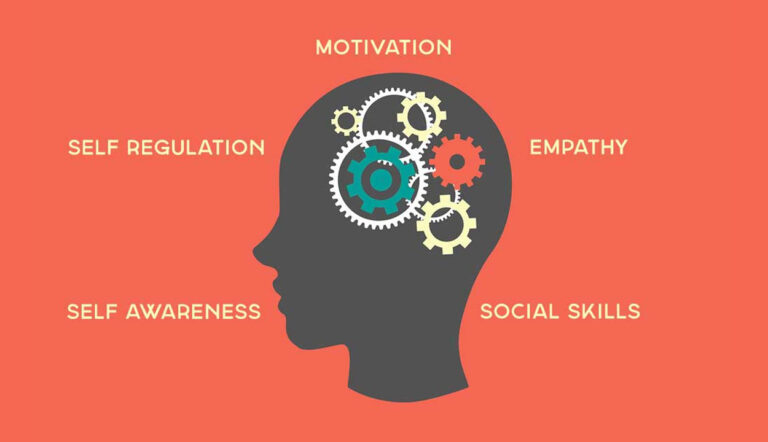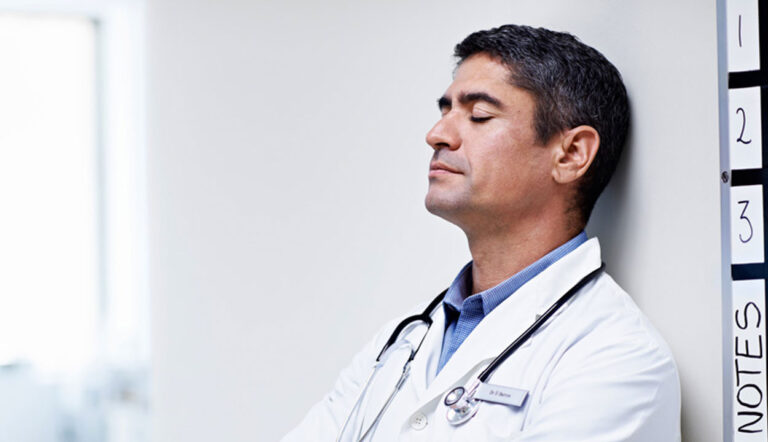Burnout, a disease of emotions, is defined as feelings of lack of personal development, becoming cynical, loss of empathy, and gradual erosion of enthusiasm for work. Burned out physicians are more physically, mentally, emotionally and socially exhausted. Burnout leads to decreased skill in the art and science of medicine and increased ACGME competency failures. Burnout leads to increased medical errors and poorer physician patient interactions. Students, residents and faculty are almost equally burned out. Medical school and residency training are both the times when medical knowledge, practice approaches, and technical proficiency are taught and learned. It is also the time when self-care habits and work-life balance need to be taught and learned. The literature has shown that medical schools and residency training lack two key ingredients in training that help prevent burnout and mitigate its effects: Emotional Intelligence and self-care. Having high levels of emotional intelligence(EI) has been shown to enhance mastery of the six ACGME competencies and decrease resident and faculty burnout. EI has been positively correlated with mental and physical health as well as general well-being. There is a glaring deficiency in the teaching and utilization of emotional intelligence in residency training. Literature has also shown that wellness and self-care suffer the most during residency. The ACGME is exerting tremendous effort to enhance wellness during residency training. Programs that promote resident wellbeing, enhance resiliency, resident autonomy, sleep, coping mechanisms, enhanced social relatedness and building competence are needed to combat burnout. Residency programs need to identify and address suboptimal aspects of the learning environment and train residents in resiliency skills. Once available, wellness programs have been used with great success by residents and faculty alike. The time is upon us to tackle these two problems and attempt to incorporate their solutions into residency programs.]]>
Similar Posts

Burnout Among Nurses: Prevalence, Impact and Intervention.
There is an overwhelming body of literature that is discussing not only the phenomenon of nurse’s burnout, but its consequences on their health and its effects on patients and healthcare.

Physician Burnout and Leadership Workshop
VSVS was proud and privileged to have conducted a workshop with EmCare Medical Directors, Gulf Coast Division.

Interview on physician burnout with FindaTopDoc radio
It was my privilege and pleasure to discuss physician burnout and its impact on physicians and patient with this wonderful radio program.

Effect of using emotional intelligence,wellness,and leadership training on lived experiences of medical program directors burnout.
VSVS is proud to have published an article in the Universal journal of Public health detailing the research done on medical program directors, emotional intelligence and leadership coaching.

Physician Burnout Online CME Course Now Available
VSVS is pleased to announce its launching of its online CME course on Physician Burnout in collaboration with The Sullivan Group.
